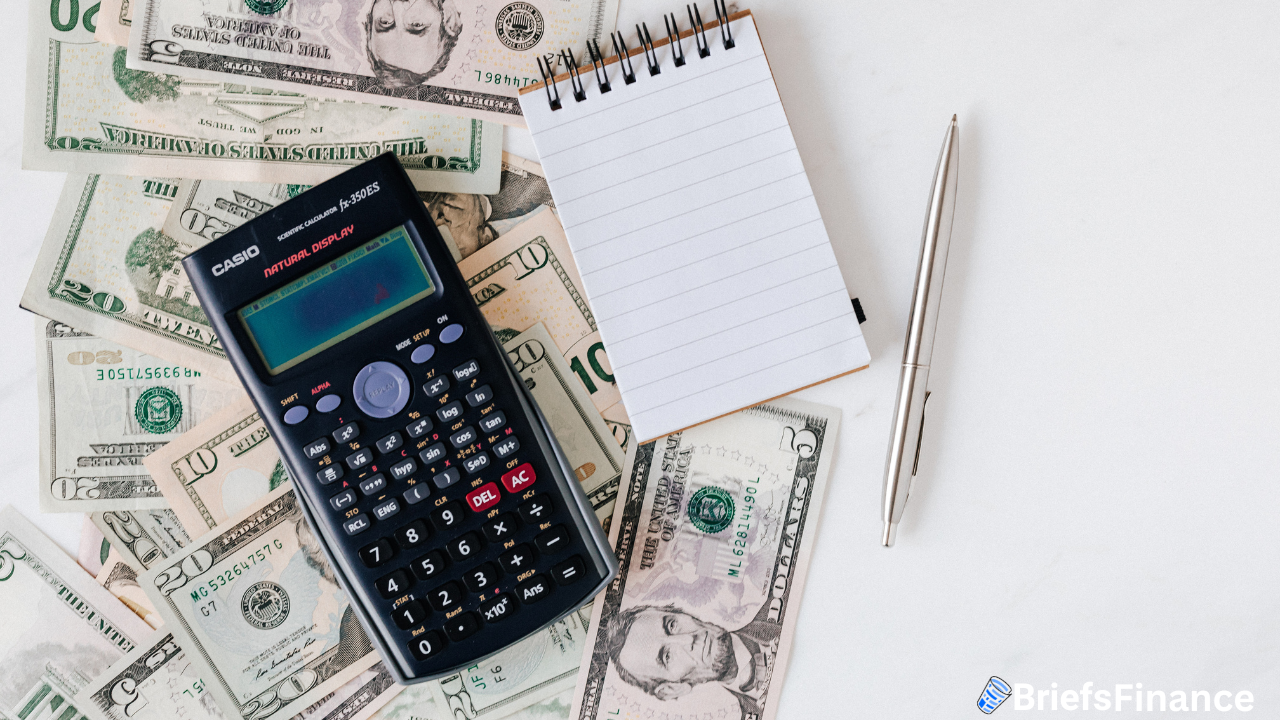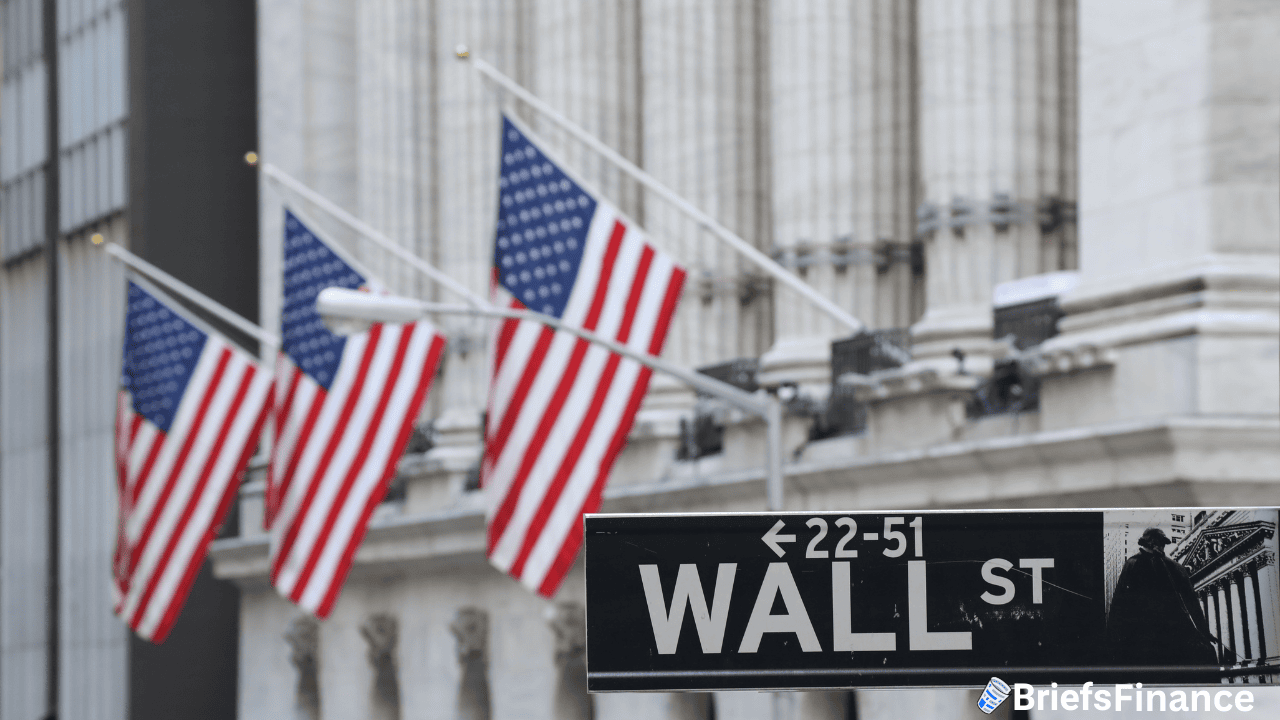The True Cost of Homeownership
Most people drastically underestimate what homeownership actually costs.
Beyond the Mortgage Payment
Your mortgage payment is just the starting point. Here's what homeownership really costs:
Property taxes: 0.5-2.5% of home value annually, depending on location. On a $400,000 home, that's $2,000-10,000 per year.
Homeowners insurance: $1,000-3,000+ annually, more in high-risk areas for hurricanes, floods, or earthquakes.
Maintenance and repairs: The standard estimate is 1% of home value annually. For a $400,000 home, budget $4,000 yearly for repairs and maintenance.
HOA fees: $200-700 monthly in many communities, adding $2,400-8,400 annually.
Utilities: Homeowners typically pay more than renters because houses are larger and owners cover all utilities.
Mortgage interest: In the early years, 80-90% of your mortgage payment goes to interest, not principal.
Closing costs: 2-5% of purchase price upfront ($8,000-20,000 on a $400,000 home).
The Hidden Costs People Forget
Opportunity cost of down payment: That $80,000 down payment could have been invested in the stock market potentially earning 7-10% annually.
Transaction costs when selling: Realtor commissions (5-6%), closing costs, and staging/repairs to sell typically total 8-10% of sale price.
Furniture and improvements: New homeowners spend an average $10,000-15,000 in the first year on furniture, window treatments, and immediate upgrades.
Time cost: Yard work, maintenance, and home management consume 5-10 hours monthly that renters spend elsewhere.
The True Cost of Renting
Renting isn't just your monthly rent payment either, but it's simpler to calculate.
What Renting Actually Costs
Monthly rent: Your primary expense, typically including basic maintenance.
Renters insurance: $150-300 annually, far less than homeowners insurance.
Utilities: Usually lower than homeowners because rental units are typically smaller.
Moving costs: $500-2,000 when you relocate, though moving is easier than selling a home.
What Renting Doesn't Cost
No property taxes: Landlords pay these, though they're factored into rent.
No maintenance expenses: Broken water heater? Landlord's problem.
No HOA fees: Any community fees are the landlord's responsibility.
No transaction costs: Moving costs far less than buying/selling (8-10% of home value).
No opportunity cost: Your down payment stays invested earning returns.
The Rent vs. Buy Calculator
Let's compare real numbers for someone considering a $400,000 home versus renting.
Buying Scenario
Purchase price: $400,000 Down payment (20%): $80,000 Mortgage amount: $320,000 Interest rate: 7% Monthly mortgage payment: $2,129 Property taxes (1.5%): $500/month Insurance: $150/month Maintenance (1%): $333/month HOA: $200/month Total monthly cost: $3,312
First-year costs:
- Down payment: $80,000
- Closing costs (3%): $12,000
- Monthly payments: $39,744
- Furniture/improvements: $12,000
- First-year total: $143,744
Renting Scenario
Monthly rent: $2,200 Renters insurance: $20/month Total monthly cost: $2,220
First-year costs:
- Security deposit: $2,200 (refundable)
- Moving costs: $1,500
- Monthly payments: $26,640
- First-year total: $28,140
The Five-Year Comparison
Over five years with 3% annual appreciation and 3% annual rent increases:
Homeowner:
- Total spent: $278,920
- Equity built: $65,000 (principal paydown)
- Home appreciation: $63,000 (3% annually)
- Net position: -$150,920 (after equity and appreciation)
Renter:
- Total spent: $143,880
- Down payment invested at 8%: $117,466
- Net position: -$26,414
Result: After five years, the renter is ahead by $124,506 in this scenario.
The Ten-Year Comparison
Homeowner:
- Total spent: $477,440
- Equity built: $145,000
- Home appreciation: $137,000 (3% annually)
- Net position: -$195,440
Renter:
- Total spent: $306,219
- Down payment invested at 8%: $172,434
- Net position: -$133,785
Result: After ten years, the homeowner starts pulling ahead by about $61,655.
The Break-Even Point
The break-even point is when buying becomes financially better than renting.
Factors That Affect Break-Even Time
Home price appreciation: Higher appreciation favors buying. In hot markets (4-5% annual appreciation), break-even happens faster. In flat markets (1-2% appreciation), renting wins longer.
Rent inflation: Higher rent increases favor buying. If rent rises 5% annually versus 3% for home prices, break-even accelerates.
Interest rates: Lower mortgage rates shorten break-even time. At 4%, break-even might take 4 years. At 8%, it might take 8+ years.
Local market dynamics: San Francisco has high home prices but also high rents (favors buying). Many Midwest cities have reasonable home prices but cheap rent (favors renting).
Tax benefits: Mortgage interest deductions reduce effective homeownership costs, though 2017 tax law changes limited these benefits for many people.
Typical Break-Even Ranges
- Hot expensive markets (SF, NYC, LA): 7-10+ years
- Moderate markets: 5-7 years
- Affordable markets with rising rents: 3-5 years
- Declining markets: May never break even
Beyond the Math: Lifestyle Factors
Numbers don't tell the whole story. Personal circumstances matter enormously.
When Buying Makes Sense
You're staying 7+ years: The longer you stay, the better buying performs financially. Transaction costs get amortized over more years.
You have stable income: Job security and predictable income make mortgage payments manageable.
You want stability: Fixed mortgage payments protect against rent increases and potential displacement.
You value control: Want to renovate? Paint bright colors? Get a dog? Homeownership offers freedom renters don't have.
Local market favors buying: In some markets, buying is clearly cheaper than renting even short-term.
You're disciplined with money: Forced savings through mortgage principal builds wealth for those who wouldn't otherwise save.
When Renting Makes Sense
You're staying under 5 years: Transaction costs and slow equity building make buying unprofitable short-term.
Career uncertainty exists: Job changes, potential relocations, or career transitions favor flexibility.
You lack emergency funds: Home emergencies (new roof, HVAC, foundation issues) can cost $10,000-50,000. Without reserves, these become crises.
You value flexibility: Want to move for a job? Try different neighborhoods? Travel extensively? Renting provides freedom.
Local market favors renting: In expensive coastal cities, renting often makes more financial sense.
You're a disciplined investor: If you invest the difference between rent and ownership costs, you might build more wealth renting.
The Rent-to-Price Ratio Test
This simple metric reveals whether your market favors renting or buying.
How to Calculate
Annual rent ÷ Home purchase price = Rent-to-price ratio
If annual rent is $24,000 and comparable homes cost $400,000: $24,000 ÷ $400,000 = 0.06 or 6%
What the Numbers Mean
Above 5%: Renting is often the better deal. Markets like San Francisco, New York, and Los Angeles typically score 3-4%, making buying expensive relative to renting.
4-5%: Borderline. Break-even happens around 5-7 years. Personal factors determine the right choice.
Below 4%: Buying is usually the better deal financially. Many Midwest and Southern cities score here, making homeownership attractive.
Common Myths About Renting vs. Buying
Several persistent myths cloud the rent vs. buy decision.
"Renting Is Throwing Money Away"
This is the most pervasive myth. Renting isn't throwing money away any more than buying food is throwing money away.
Rent pays for housing, flexibility, and not dealing with maintenance. Interest on mortgages, property taxes, insurance, and maintenance are equally "thrown away" - they don't build equity.
In the homeownership example earlier, only about 25% of monthly costs build equity in early years. The rest (interest, taxes, insurance, maintenance) is "thrown away" just like rent.
"Homeownership Is Always a Good Investment"
Tell that to 2008 homeowners who watched values drop 30-50%.
Homes can depreciate. Markets can crash. Maintenance can exceed appreciation. Bad locations don't appreciate. Homeownership is not guaranteed wealth building.
"You Need to Buy Before Getting Priced Out"
Fear-based decisions are usually poor decisions.
If you're not financially ready, buying out of fear you'll never afford a home creates risk. Overextending yourself to "get in" often leads to financial stress or foreclosure.
"A Mortgage Payment Builds Equity; Rent Doesn't"
Only the principal portion builds equity. Interest, taxes, and insurance don't.
In year one of a $320,000 mortgage at 7%, only $3,372 of your $25,548 in payments builds equity (13%). The rest is effectively rent paid to the bank and government.
The Opportunity Cost of Your Down Payment
The down payment opportunity cost often tips the scales toward renting.
The Investment Alternative
An $80,000 down payment invested in index funds historically earns 8-10% annually.
After 10 years at 8%: $172,434 After 20 years at 8%: $372,755 After 30 years at 8%: $805,596
That's nearly $806,000 from your original $80,000 - money that's completely liquid, diversified, and accessible.
Comparing Returns
Home appreciation averages 3-4% annually long-term, barely ahead of inflation.
Stock market returns average 8-10% annually long-term. The 4-6% annual return difference compounds dramatically over decades.
A $400,000 home appreciating 3% annually is worth $648,000 in 20 years. Your $80,000 invested at 8% becomes $372,755 - and you still have that cash available.
Making Your Decision
Use this framework to decide whether to rent or buy.
Step 1: Run the Numbers
Use a rent vs. buy calculator (New York Times has an excellent one) with your specific situation:
- Local home prices
- Comparable rent
- Expected stay duration
- Current interest rates
- Down payment amount
- Investment return assumptions
Step 2: Consider the Break-Even Point
If you're staying longer than the break-even point, buying might make sense. If you're leaving before break-even, renting wins financially.
Step 3: Evaluate Lifestyle Factors
Numbers aren't everything. Consider:
- Career stability and trajectory
- Family plans (kids, schools, space needs)
- Desire for stability vs. flexibility
- Willingness to handle maintenance
- Emotional value of ownership
Step 4: Assess Financial Readiness
You're financially ready to buy when you have:
- 20% down payment saved
- 6+ months emergency fund
- Stable income covering 28% housing cost ratio
- Good credit (720+ score)
- Low debt-to-income ratio (under 36%)
Missing any of these? Keep renting and building financial stability.
The Bottom Line
Renting vs. buying isn't a moral choice between responsibility and irresponsibility. It's a financial decision based on math, market conditions, and personal circumstances.
In expensive markets with low rent-to-price ratios, renting often builds more wealth. In affordable markets where homes cost 15-20 times annual rent, buying usually wins.
Short stays (under 5 years) favor renting because transaction costs and slow equity building erase benefits. Long stays (7+ years) favor buying because costs get amortized and equity compounds.
Run the numbers for your specific situation. Consider your lifestyle needs. Assess your financial readiness. Make the decision that optimizes your wealth building and aligns with your life plans.
The right answer isn't universal. It's personal. And it might be different in three years when circumstances change.
Don't buy because you "should" or because everyone else is buying. Buy when the math works and your life is ready. Until then, rent without guilt and invest the difference.











